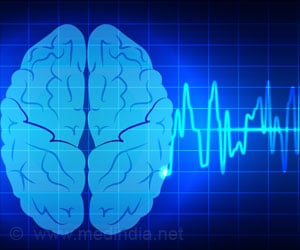Brain's navigational system has been studied to improve our knowledge to identify how the brain processes and reactivates its spatial information.

TOP INSIGHT
To continuously update the speed and direction of movement the parietal cortex processes visual and other sensory information.
In the study, which appears in the issue of the journal Neuron, the team led by Bruce McNaughton, UCI distinguished professor of neurobiology and behavior at the Ayala School of Biological Sciences, presents the findings that improve our understanding of the brain's ability to tell how fast and in which direction our location is changing.
"The parietal cortex is part of the brain that processes visual and other sensory information in order to continuously update the speed and direction of movement", said Dr. Ivan Skelin, co-first author of the study and postdoctoral researcher at the Canadian Centre for Behavioural Neuroscience at the University of Lethbridge and the Department of Neurobiology and Behavior at the Ayala School of Biological Sciences.
"In this study, we found that there is a division of work between large groups of cells, or modules, each being active when the experimental rat's speed/direction were in a certain range [e.g. 10-20 cm/sec and heading north-east]."
Based solely on the activity of these cell modules, researchers were able to predict animal speed and direction with high accuracy.
 MEDINDIA
MEDINDIA




 Email
Email




